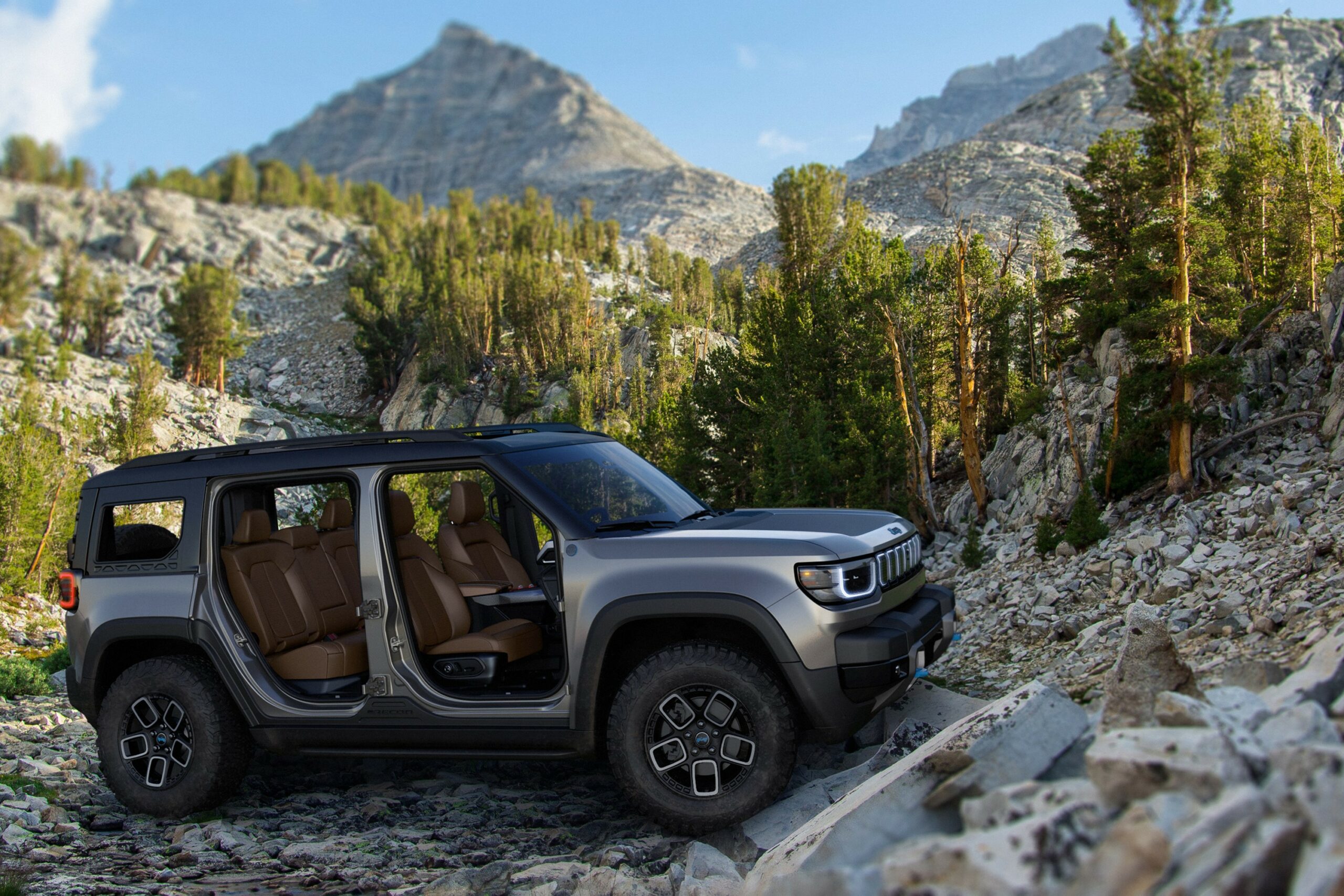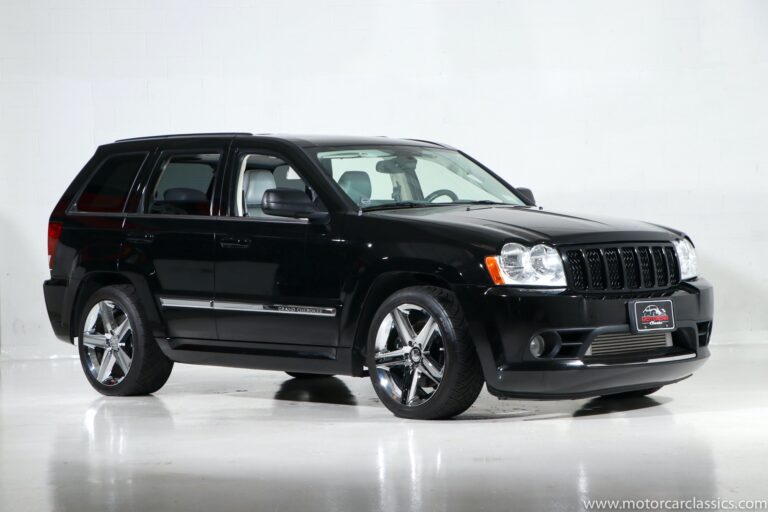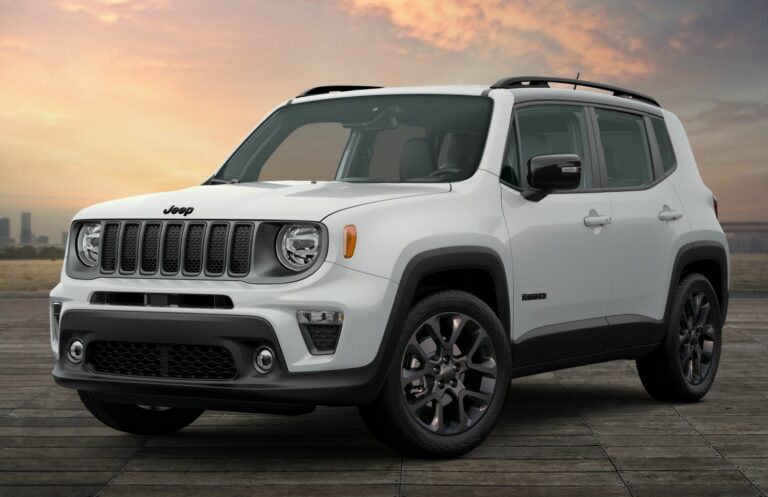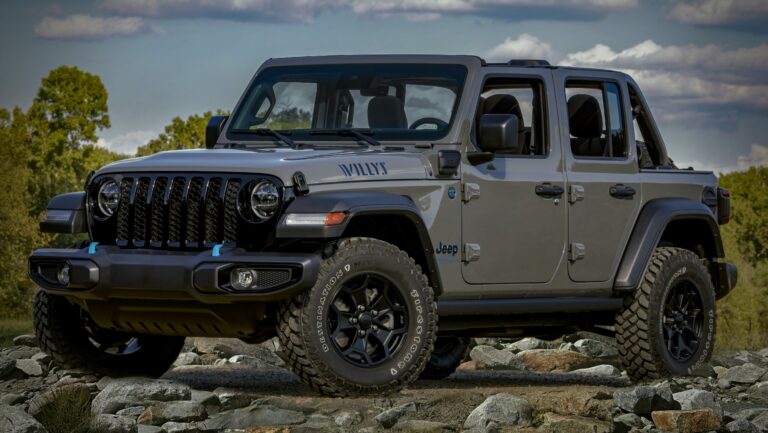Jeep Camper For Sale: Your Ultimate Guide to Off-Road Living
Jeep Camper For Sale: Your Ultimate Guide to Off-Road Living jeeps.truckstrend.com
The open road, the call of the wild, and the freedom to explore beyond the paved path – for many, this is the essence of adventure. And at the heart of this pursuit often lies a vehicle capable of taking you there: a Jeep. But what if your trusty 4×4 could also be your comfortable home away from home? Enter the "Jeep Camper." Far more than just a vehicle with a tent on top, a Jeep camper represents a unique blend of rugged off-road capability and convenient, self-contained living, making it an increasingly popular choice for overlanders, adventurers, and anyone looking to escape the ordinary.
A Jeep camper fundamentally transforms your iconic off-roader into a mobile basecamp. Whether it’s a compact roof-top tent (RTT) system, a sophisticated pop-top conversion, or a dedicated off-road trailer designed to be towed by a Jeep, these setups offer unparalleled access to remote locations while providing shelter and basic amenities. The appeal is clear: you get the legendary go-anywhere prowess of a Jeep combined with the ability to camp comfortably in places traditional RVs simply cannot reach. This guide will delve deep into the world of Jeep campers for sale, offering insights, advice, and everything you need to know before making this adventurous investment.
Jeep Camper For Sale: Your Ultimate Guide to Off-Road Living
Why Choose a Jeep Camper? The Allure of Off-Road Freedom
The decision to invest in a Jeep camper stems from a desire for uncompromised adventure and self-sufficiency. Unlike conventional RVs or even standard tent camping, a Jeep camper offers a distinctive set of advantages that cater specifically to the adventurous spirit:
- Unrivaled Accessibility: This is the paramount advantage. Your Jeep’s legendary 4×4 capabilities, high ground clearance, and robust suspension mean you can venture deep into national forests, desert landscapes, and mountainous terrains where larger vehicles fear to tread. This opens up a world of secluded campsites, breathtaking vistas, and truly wild experiences.
- Compact & Maneuverable: Compared to bulky RVs or even tow-behind travel trailers, many Jeep camper setups are remarkably compact. This allows for easier navigation on narrow trails, through dense foliage, and in tight parking spaces. It also means less impact on fuel economy than a large RV.
- Durability & Reliability: Jeeps are built for rugged conditions. Integrating your camping setup with such a robust platform ensures your "home" is as tough and reliable as your vehicle, ready to withstand the elements and demanding travel.
- Quick Setup & Tear Down: Many modern Jeep camper solutions, particularly roof-top tents and pop-tops, are designed for rapid deployment and packing. This means more time enjoying the outdoors and less time fiddling with poles and stakes.
- Self-Sufficiency: With the right modifications, a Jeep camper can be equipped with solar power, water storage, and integrated cooking solutions, allowing you to stay off-grid for extended periods without relying on developed campgrounds.
- Versatility: When not in "camper mode," your Jeep retains its daily drivability (depending on the conversion type), serving as your regular vehicle for commuting or errands.
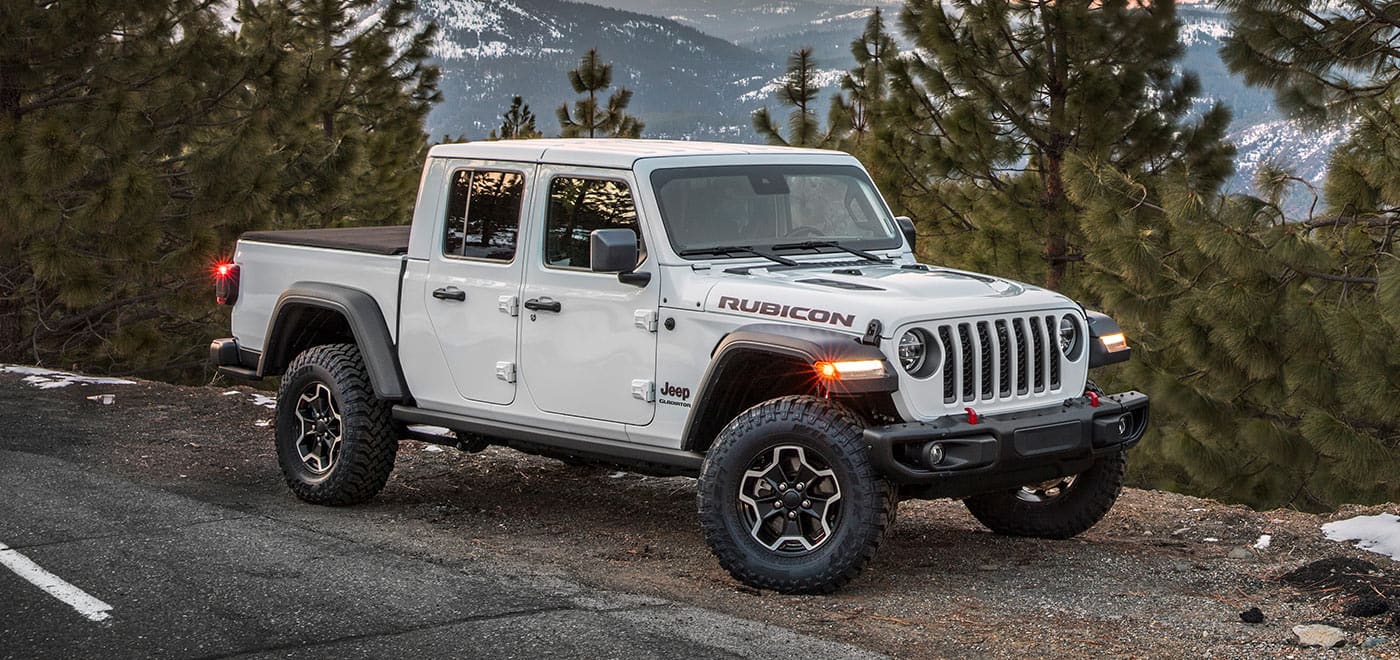
For those who view camping as an immersive experience, not just an overnight stay, a Jeep camper offers the perfect blend of mobility, comfort, and rugged capability.
Types of Jeep Campers: Exploring Your Options
The term "Jeep camper" encompasses a range of setups, each offering different levels of comfort, convenience, and cost. Understanding these types is crucial for finding the right fit for your adventures.
-
Roof Top Tents (RTTs) on Jeeps:
- Description: The most common and often entry-level option. An RTT is a collapsible tent mounted directly onto a roof rack system on top of your Jeep. When deployed, it typically folds out to create a sleeping platform, often with an annex room underneath.
- Pros: Relatively affordable, easy to install and remove, quick setup/takedown, keeps you off the ground, compatible with most Jeep models (with a sturdy rack).
- Cons: Limited standing room, can affect fuel economy, requires climbing a ladder, needs to be packed up to drive.
- Ideal for: Weekend warriors, occasional campers, those on a budget, or those wanting to retain their Jeep’s daily driver functionality.
-
Jeep-Specific Pop-Top Campers (Integrated Conversions):
- Description: These are more permanent modifications, where the rear hardtop of a Jeep (typically a Wrangler JK/JL Unlimited or Gladiator) is replaced with a custom-built pop-top shell. This shell lifts to provide standing room and a dedicated sleeping platform inside the vehicle. Brands like Ursa Minor, AT Overland, and AEV offer these conversions.
- Pros: Excellent insulation and security, integrated living space, minimal impact on vehicle width, retains strong off-road capability, no ladder needed for sleeping, stealthier.
- Cons: Significant investment (higher cost), permanent modification, reduces rear cargo space when collapsed, often custom-built with lead times.
- Ideal for: Dedicated overlanders, those seeking more comfort and security, individuals wanting a streamlined and integrated solution.
-
Trailer-Based Jeep Campers (Off-Road Trailers):
- Description: These are rugged, purpose-built camping trailers designed to be towed behind a Jeep. They range from simple cargo trailers with an RTT mounted on top to fully equipped expedition trailers with kitchens, water tanks, and even enclosed sleeping areas.
- Pros: Allows the Jeep to be unhitched for day trips/off-roading, more living space and amenities than integrated options, can carry more gear, flexible setup.
- Cons: Requires towing, limits maneuverability on tight trails, additional weight and fuel consumption, separate registration and maintenance.
- Ideal for: Families, those needing more space and amenities, long-term expeditions, or those who prefer to establish a basecamp and explore from there.
-
Custom Built/Modified Jeeps (e.g., Gladiator Builds):
- Description: This category includes highly customized conversions, often involving extensive fabrication. Think of a Jeep Gladiator with a truck bed camper shell, a slide-in camper unit, or a full bespoke interior build.
- Pros: Highly personalized, can incorporate specific needs and desires, maximum integration of amenities.
- Cons: Very expensive, long build times, requires significant expertise or professional fabrication, can add substantial weight.
- Ideal for: Enthusiasts with a specific vision, those seeking the ultimate custom off-grid experience, or professional expeditioners.
Key Considerations When Buying a Jeep Camper
Purchasing a Jeep camper, whether it’s a pre-built unit or a conversion, requires careful thought. Here are the essential factors to weigh:
- Budget: This is often the primary determinant. Beyond the initial purchase price, factor in the cost of modifications, accessories (solar, battery, fridge), maintenance, and increased fuel consumption. New integrated conversions can cost as much as a small RV, while a used RTT might be a few thousand dollars.
- Intended Use: How often will you use it? What kind of terrain will you traverse? Are you a weekend camper, or do you envision multi-week expeditions? Your use case will dictate the durability, capacity, and amenities you need.
- Vehicle Compatibility & Capacity: Ensure your specific Jeep model (Wrangler JK/JL, Gladiator, older models) can safely support the chosen camper type. Pay close attention to:
- Gross Vehicle Weight Rating (GVWR): The maximum permissible weight of the vehicle and its contents.
- Gross Axle Weight Rating (GAWR): Maximum weight on each axle.
- Towing Capacity: If considering a trailer.
- Payload Capacity: How much weight your Jeep can carry (critical for RTTs and integrated systems).
- Suspension: You may need upgraded suspension to handle the added weight.
- Sleeping Capacity & Comfort: How many people need to sleep comfortably? Do you prefer a soft mattress, standing room, or enclosed privacy?
- Amenities & Storage: Consider what’s essential: a cooking area, water storage, power solutions (12V, solar), heating/cooling, and ample storage for gear, food, and clothing.
- Condition (Used vs. New):
- New: Comes with warranties, latest features, no wear and tear. Higher cost.
- Used: Potentially significant savings. Thoroughly inspect for damage, leaks, wear on mechanical components, and proper functioning of all systems. Ask for maintenance records.
- Legalities & Insurance: Understand the registration requirements for trailers. Ensure your vehicle insurance covers any modifications or attached camper units. Some specific camper insurance might be needed.
Where to Find Jeep Campers For Sale
The market for Jeep campers is diverse, reflecting the various types available. Here’s where to begin your search:
- Online Marketplaces:
- Facebook Marketplace & Groups: Numerous dedicated "Jeep Camper," "Overlanding Gear," or "RTT For Sale" groups. Great for private sales.
- Craigslist & eBay: Local listings for used Jeeps with camper setups or individual components.
- Expedition Portal & Overlanding Forums: These communities often have classified sections where enthusiasts sell their rigs. Highly recommended for specialized setups.
- RV Trader & Autotrader: Less common for integrated Jeep campers, but sometimes you’ll find custom builds or off-road trailers listed.
- Specialty Manufacturers & Dealers:
- Roof Top Tent Brands: Direct from manufacturers (e.g., iKamper, Thule Tepui, Smittybilt) or their authorized dealers.
- Integrated Pop-Top Builders: Companies like Ursa Minor Vehicles, AT Overland Equipment, AEV (American Expedition Vehicles) sell directly or through select installers.
- Off-Road Trailer Manufacturers: Brands like Patriot Campers, Moby1, Turtleback Trailers have their own dealer networks.
- Jeep Dealerships: Occasionally, a dealership might have a trade-in that includes a camper setup, especially if they specialize in lifted or customized Jeeps.
- Auctions: Government surplus or specialized vehicle auctions can sometimes yield unique finds, though they require expertise in inspection.
- Word of Mouth & Networking: Attend overlanding events, local Jeep club meetings, and outdoor shows. You might find someone looking to sell their rig.
The Buying Process: Tips for a Smooth Transaction
Once you’ve identified a potential Jeep camper, navigating the buying process carefully is key to a successful purchase.
- Do Your Homework: Research the specific model of Jeep and camper components. Read reviews, watch videos, and understand common issues.
- Inspect Thoroughly (In-Person):
- Vehicle: Standard pre-purchase inspection for the Jeep itself (engine, transmission, suspension, tires, frame for rust/damage).
- Camper System: Check for leaks, tears in fabric (RTTs), proper operation of hinges/mechanisms, condition of electrical systems, water tanks, and appliances. Look for signs of water intrusion or mold.
- Modifications: Ensure all aftermarket modifications (lift kits, heavy-duty bumpers, winches) were professionally installed and are compatible with the added weight.
- Test Drive: If it’s an integrated system or a Jeep being sold with an RTT, drive it to assess how the added weight affects handling, braking, and acceleration. If a trailer, test it hitched.
- Ask Detailed Questions:
- Why are they selling?
- What’s the maintenance history for both the Jeep and the camper components?
- Have there been any accidents or major repairs?
- Are all systems (water, power, heat) fully functional?
- What is included in the sale (accessories, spare parts)?
- Get a Professional Inspection: For significant investments, hire an independent mechanic or an RV technician to perform a comprehensive inspection. This small cost can save you thousands later.
- Negotiate: Don’t be afraid to negotiate the price, especially if you find any issues during inspection.
- Secure Payment & Paperwork: Use a secure payment method. Ensure all titles (for Jeep and trailer, if applicable) are clear and properly transferred. Get a bill of sale.
Post-Purchase: Getting Ready for Adventure
Congratulations on your new Jeep camper! The adventure begins now, but a few final steps will ensure you’re fully prepared.
- Maintenance Check: Perform an oil change, check all fluids, and inspect tires (including the spare). Ensure the battery is healthy, especially if running auxiliary power.
- Familiarization: Spend time understanding all aspects of your new camper. Practice setting up and tearing down the tent or pop-top, operating the stove, filling/draining water tanks, and managing your power system.
- Essential Gear: Stock your Jeep camper with crucial items: recovery gear (winch, straps, shovel), first-aid kit, fire extinguisher, proper navigation tools, adequate water and food, and suitable clothing for varying conditions.
- Trip Planning: Start with shorter, local trips to get comfortable with your setup before embarking on extended expeditions. Learn about regulations for dispersed camping in your target areas.
- Safety First: Always prioritize safety. Inform someone of your itinerary, understand your vehicle’s limits, and be prepared for emergencies in remote locations.
Jeep Camper For Sale: Estimated Price Guide
Please note that these prices are highly variable based on the Jeep model, year, condition, specific brands, modifications, and the overall market. This table provides a general estimate for guidance.
| Type of Jeep Camper | New Price Range (Estimated) | Used Price Range (Estimated) | Key Features/Notes |
|---|---|---|---|
| Roof Top Tent (RTT) Only | $1,000 – $5,000 | $500 – $3,500 | Requires a roof rack (add $300-$1,500+). Quick setup. Various sizes & styles (soft shell, hard shell). Entry-level option. |
| Jeep + Installed RTT Package | $35,000 – $80,000+ | $25,000 – $65,000+ | Price includes a new/used Jeep Wrangler/Gladiator plus the RTT and roof rack. Can vary wildly based on Jeep model/trim and RTT brand. |
| Integrated Pop-Top Camper (e.g., Ursa Minor J30/J-Top, AT Overland Summit/Habitat) | $12,000 – $25,000 (for conversion kit/shell only) + Cost of Jeep | $35,000 – $80,000+ (for complete used vehicle with conversion) | Replaces existing hardtop. Offers standing room and integrated sleeping. Excellent insulation/security. Significant investment, often custom-built. Price is for the conversion kit plus installation, not including the Jeep itself. Used units are harder to find. |
| Off-Road Camping Trailer (basic) | $5,000 – $15,000 | $3,000 – $10,000 | Simple cargo trailer with RTT mount or basic utility. Minimal amenities. Lighter, easier to tow. |
| Off-Road Expedition Trailer (equipped) | $15,000 – $50,000+ | $10,000 – $40,000+ | Robust chassis, independent suspension, integrated kitchen, water, power, more storage. Designed for serious off-grid travel. Brands like Patriot Campers, Turtleback. |
| Custom Built/Gladiator Camper | $60,000 – $150,000+ | $45,000 – $100,000+ | Highly variable. Includes extensive modifications, bespoke interior builds, or specialized truck bed campers. Often starts with a new Gladiator or heavily modified Wrangler. Price depends heavily on components and labor. |
Frequently Asked Questions (FAQ) about Jeep Campers
Q1: How much does a Jeep camper cost?
A1: The cost varies significantly depending on the type. A basic Roof Top Tent might cost $1,000-$5,000, while a complete used Jeep with an integrated pop-top conversion could range from $35,000-$80,000+. New custom builds can easily exceed $100,000. Refer to the price table above for more details.
Q2: Can I convert my existing Jeep into a camper?
A2: Yes, absolutely! Most roof top tents are designed to be mounted on standard aftermarket roof racks. Integrated pop-top conversions are available for specific Wrangler (JK/JL Unlimited) and Gladiator models. For more extensive builds, custom fabrication shops can modify almost any Jeep.
Q3: Are Jeep campers good for daily driving?
A3: This depends on the type. A Jeep with just an RTT can still be a practical daily driver, though the RTT might slightly affect aerodynamics and fuel economy. Integrated pop-top campers generally retain good daily drivability but add weight and might slightly increase overall height. Trailer-based campers are not meant for daily driving and are only hitched when needed for camping.
Q4: What’s the best Jeep model for a camper conversion?
A4: The Jeep Wrangler Unlimited (4-door JK/JL) and the Jeep Gladiator are the most popular choices due to their longer wheelbase, greater payload capacity, and availability of aftermarket parts and integrated conversion kits. Older models like the XJ Cherokee or TJ Wrangler can also be converted but may require more custom work and have lower payload limits.
Q5: What’s the difference between an RTT and a pop-top camper?
A5: An RTT is a separate tent mounted on top of your Jeep, requiring you to climb a ladder to access the sleeping area. A pop-top camper is a permanent replacement for your Jeep’s hardtop, which lifts to provide standing room and sleeping space inside the vehicle. Pop-tops offer better insulation, security, and integrated living, but are more expensive and permanent.
Q6: Do I need special insurance for a Jeep camper?
A6: For an RTT, it’s generally covered under your vehicle’s comprehensive insurance, but confirm with your provider. For integrated pop-top conversions, ensure your policy covers the value of the modifications. For towable off-road trailers, you will likely need separate insurance, similar to a travel trailer, or ensure your auto policy extends coverage while hitched.
Q7: How much weight can my Jeep handle with a camper?
A7: This is critical. You must check your Jeep’s Gross Vehicle Weight Rating (GVWR) and payload capacity, usually found on a sticker in the driver’s door jamb. This indicates the maximum weight your vehicle can safely carry, including passengers, gear, and the camper system. Overloading can compromise safety, handling, and vehicle longevity. Many Jeep owners upgrade their suspension to better handle the added weight.
Conclusion
The allure of a Jeep camper for sale is undeniable for those who crave adventure, self-reliance, and access to the world’s most remote and beautiful landscapes. From the simplicity of a roof-top tent to the sophisticated comfort of an integrated pop-top or a robust off-road trailer, there’s a Jeep camper solution to fit almost every budget and adventure style.
Embarking on this journey requires careful consideration of your needs, thorough research, and a diligent approach to the buying process. But with the right Jeep camper, you’re not just purchasing a vehicle; you’re investing in a lifestyle of unparalleled freedom, discovery, and unforgettable memories, transforming every journey into an epic expedition. The call of the wild awaits, and with a Jeep camper, you’re ready to answer.
